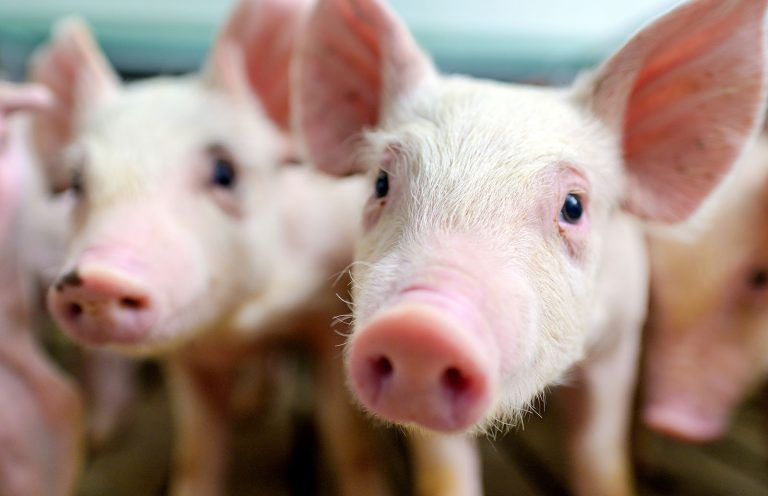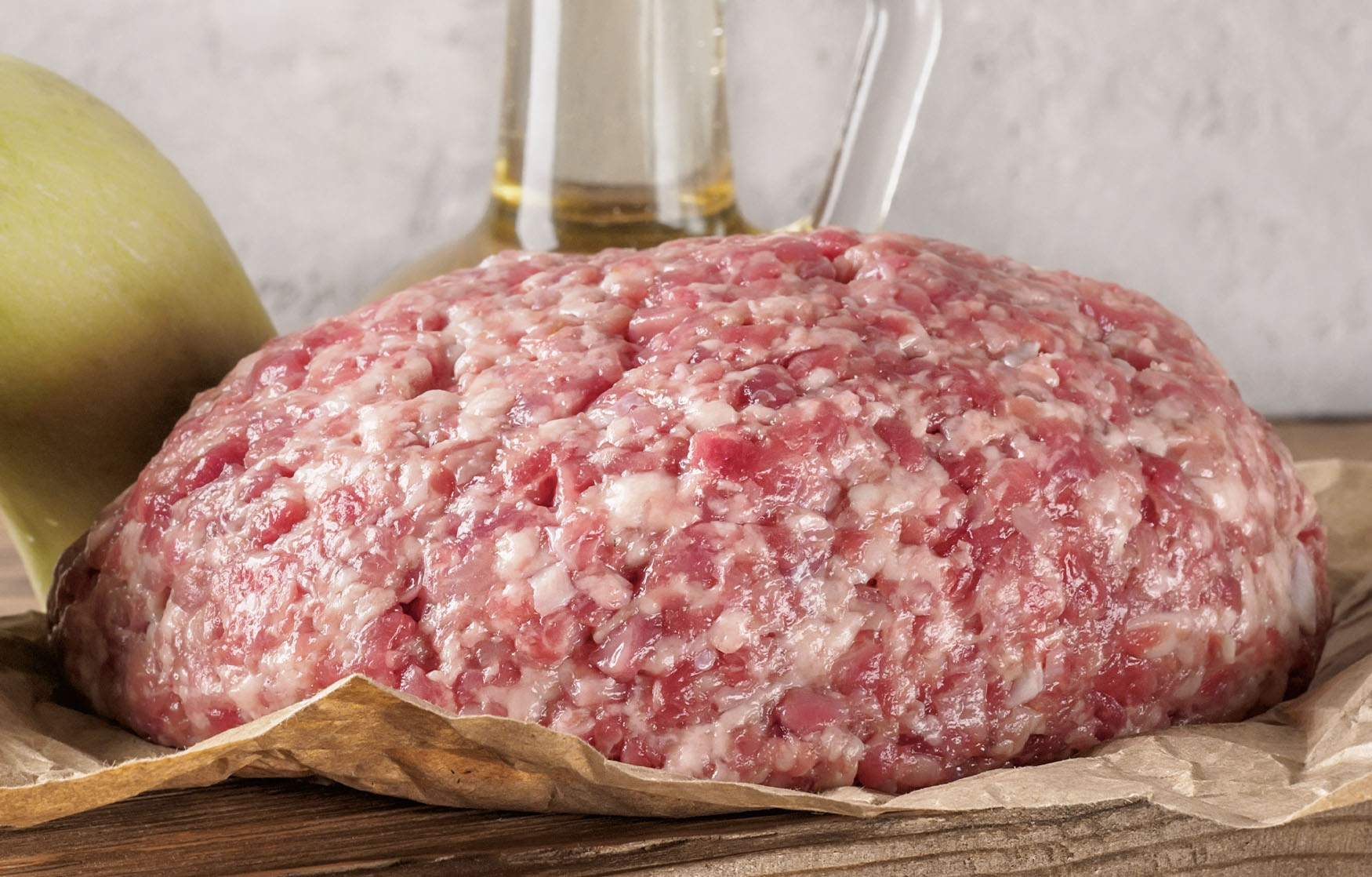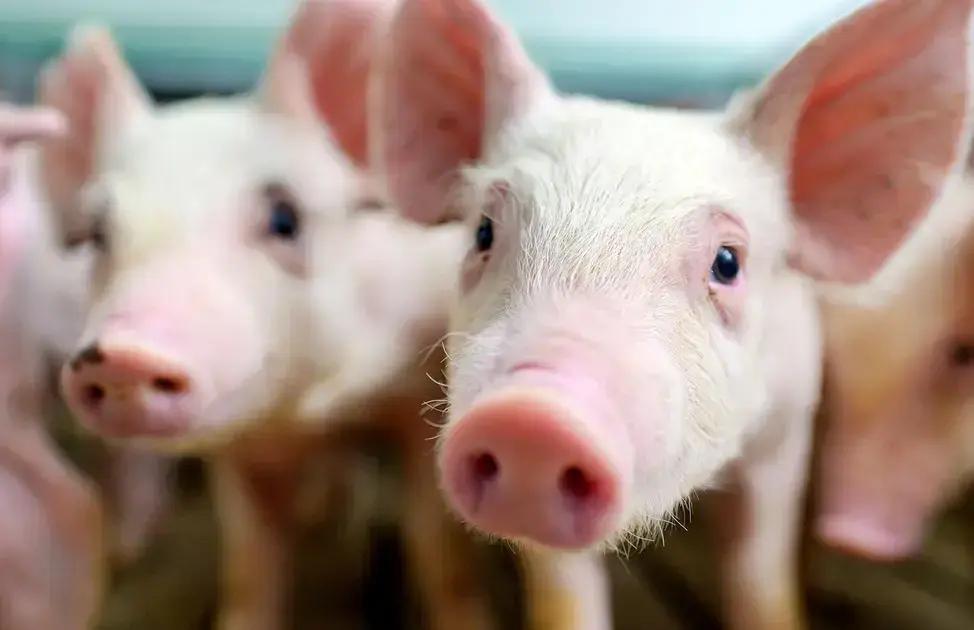
Recent reports indicate that gene-edited pork could be available in the U.S. by 2025. It’s been three decades since the first genetically modified tomato appeared in stores, and while the promise of advanced farming has grown, it has largely remained unrealized. However, changes may be on the horizon.
U.S. regulatory bodies are anticipated to approve a new breed of pig that has undergone gene editing to enhance its resistance to porcine reproductive and respiratory syndrome (PRRS). This concept of creating genetically modified livestock is not entirely new; there have been several attempts in the past.
Previously, scientists developed a “super stud,” a gene-edited cow, along with various gene-edited pigs. The latest reports about disease-resistant pork build on earlier successes from Genus, an international breeding company focused on genetically modified pigs.

There are several potential benefits to gene-edited pork that is resistant to common diseases like PRRS. According to the company behind this initiative, it could significantly reduce the financial losses farmers face due to this disease. However, some experts warn that rushing into this area might lead farmers to overstock their livestock.
This overstocking could introduce additional diseases, as the living conditions for the animals may deteriorate. The state of livestock living conditions has been a contentious issue in the U.S. for many years. Yet, getting this new gene-edited pork onto supermarket shelves involves more than just U.S. approval.
It also requires clearance in all major markets where the U.S. exports its products. While Genus is focused on gene-editing meat, other researchers are also exploring gene editing to tackle a disease known as TR4, which affects and decimates most edible bananas.
Trials for these various gene-edited foods are currently in progress. However, it remains uncertain when they will receive approval, and when consumers will be able to purchase gene-edited pork at their local meat counters.
Future of Gene-Edited Pork
The potential introduction of gene-edited pork raises questions about its impact on the agricultural landscape. Farmers may benefit from reduced disease prevalence, which could lead to healthier livestock and improved productivity. This could ultimately translate to more stable prices for consumers.
However, the ethical implications of gene editing in livestock are still being debated. Concerns about animal welfare and the long-term effects of such modifications on ecosystems are at the forefront of discussions among scientists and ethicists alike.
As the regulatory landscape evolves, it will be crucial for stakeholders to engage in transparent dialogues about the benefits and risks associated with gene-edited pork. This will help ensure that the technology is used responsibly and sustainably.
In the meantime, consumers are encouraged to stay informed about developments in gene editing and its applications in agriculture. Understanding these advancements can help individuals make educated choices about the food they consume.
As we look ahead, the future of gene-edited pork could reshape the meat industry, offering solutions to longstanding challenges while also prompting new questions about food production and safety.
Via BGR


